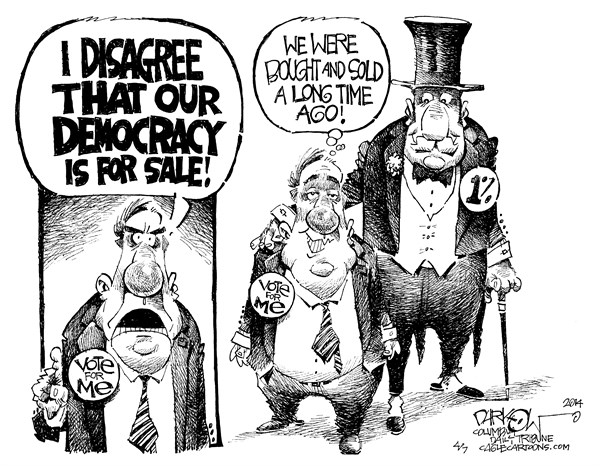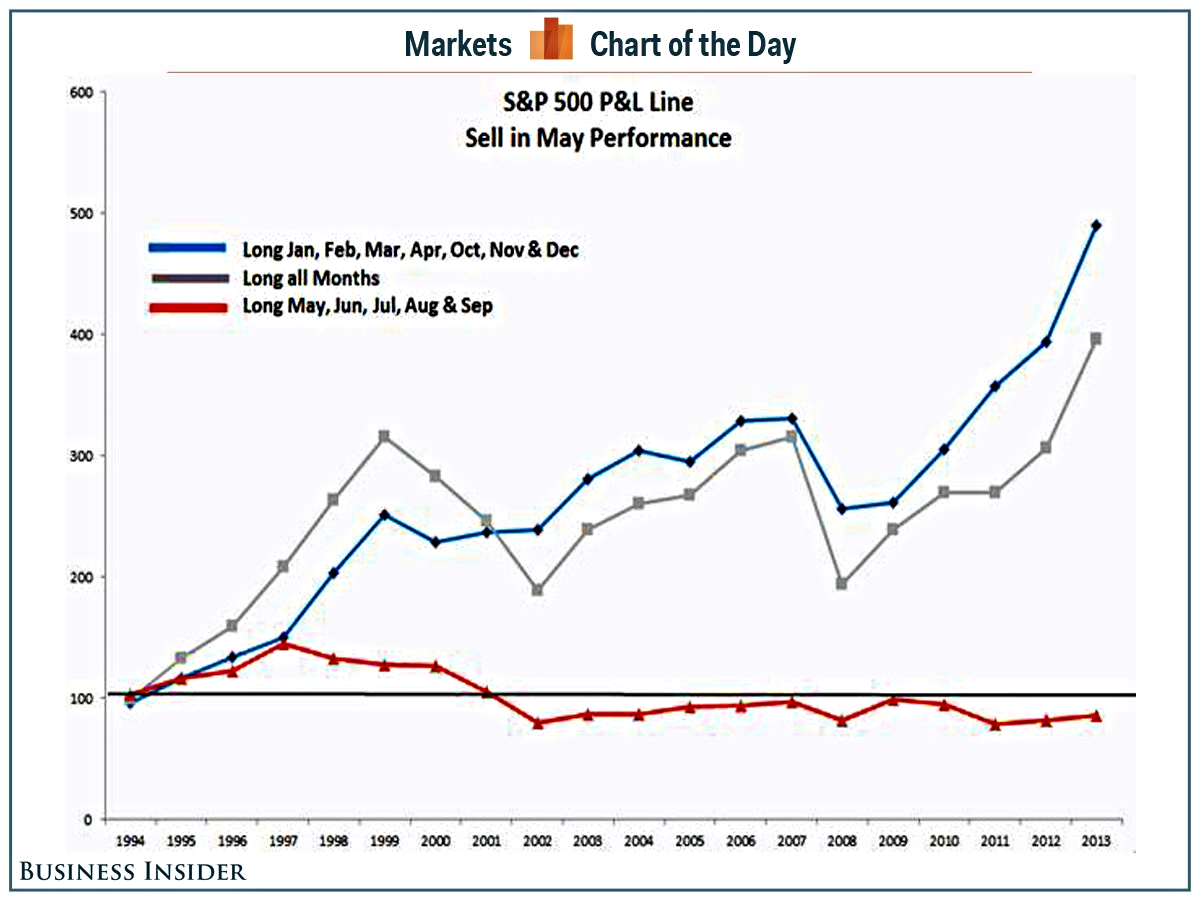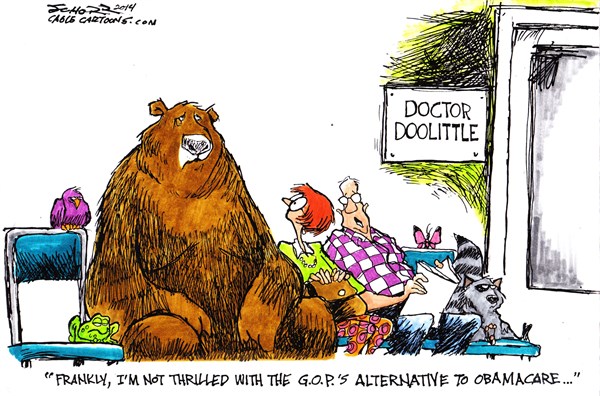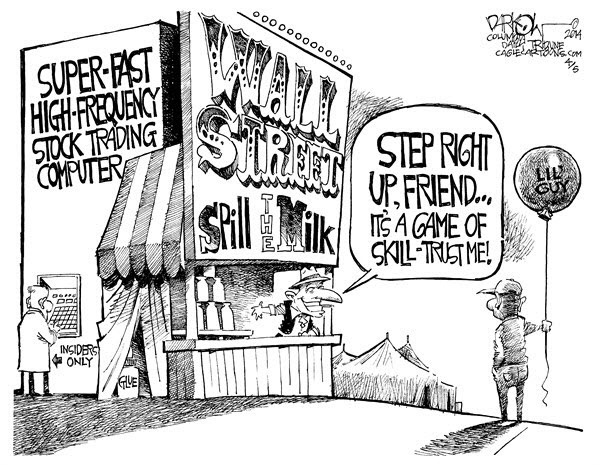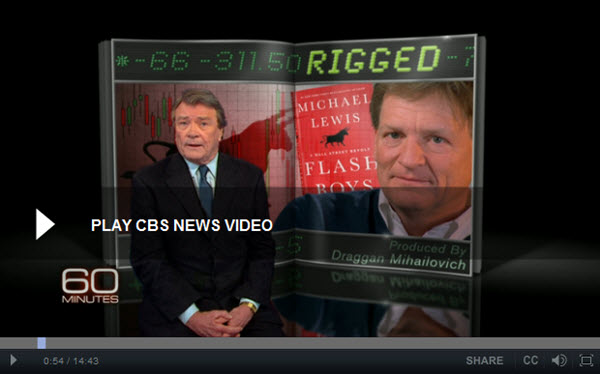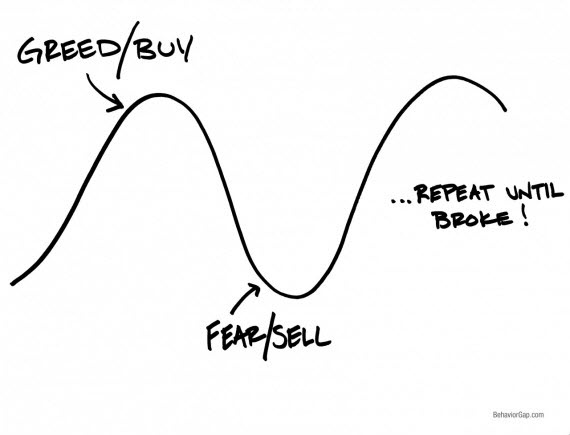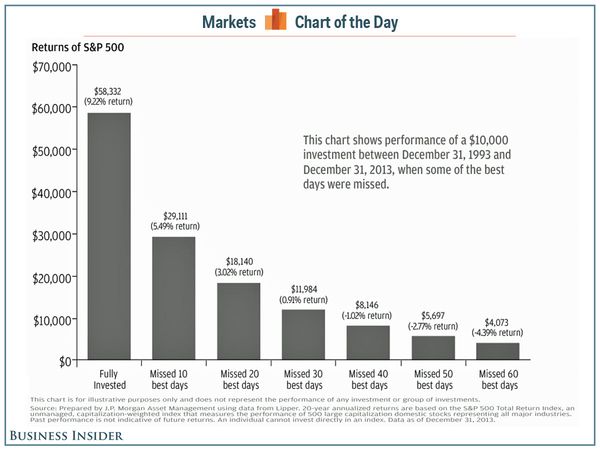 History is littered with tales of once-rare resources made plentiful by innovation. The reason is pretty straightforward … scarcity is often contextual.
History is littered with tales of once-rare resources made plentiful by innovation. The reason is pretty straightforward … scarcity is often contextual.
Imagine a giant orange tree packed with fruit. If you pluck all the oranges from the lower branches, you are effectively out of accessible fruit.
From that limited perspective, oranges are now scarce. But once someone invents a piece of technology called a ladder, the problem is solved.
Shoulder Surgery Isn't What It Used to Be.
I had shoulder surgery on Wednesday to remove some calcium deposits and bone spurs, and to clean out or fix some soft tissue damage.
Needless to say, I wasn't looking forward to it. And not just to the needles and knives, I was dreading the rehab.
Turns out, shoulder surgery isn't what it used to be.
Here is a picture from inside my shoulder (unlike years ago, they didn't have to rip me open to to gain access for the picture or the repair).

Less damage, less time, less drugs, less recovery.
Bottom-Line: I went in early, and was out before lunch. Moreover, I was able to work and go to a reception the day after the surgery … and go to the gym this weekend.
Whether it is minimally invasive surgical instruments, or linking big data and elastic computing … Technology is a resource-liberating mechanism.
Whether it is minimally invasive surgical instruments, or linking big data and elastic computing … Technology is a resource-liberating mechanism. It can make the 'once scarce' the 'now abundant' (or 'readily accessible') … and a lot less painful.
Pretty Cool!

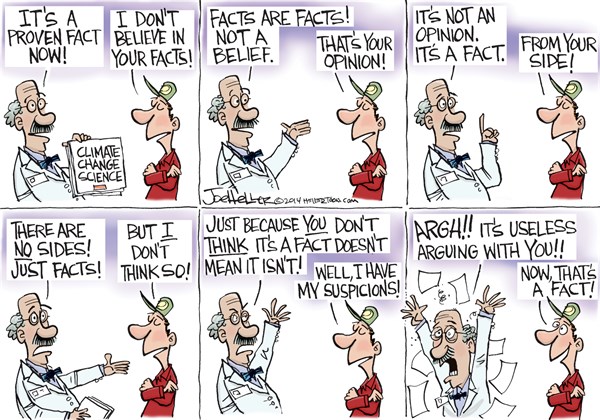
 History is littered with tales of once-rare resources made plentiful by innovation. The reason is pretty straightforward … scarcity is often contextual.
History is littered with tales of once-rare resources made plentiful by innovation. The reason is pretty straightforward … scarcity is often contextual.

